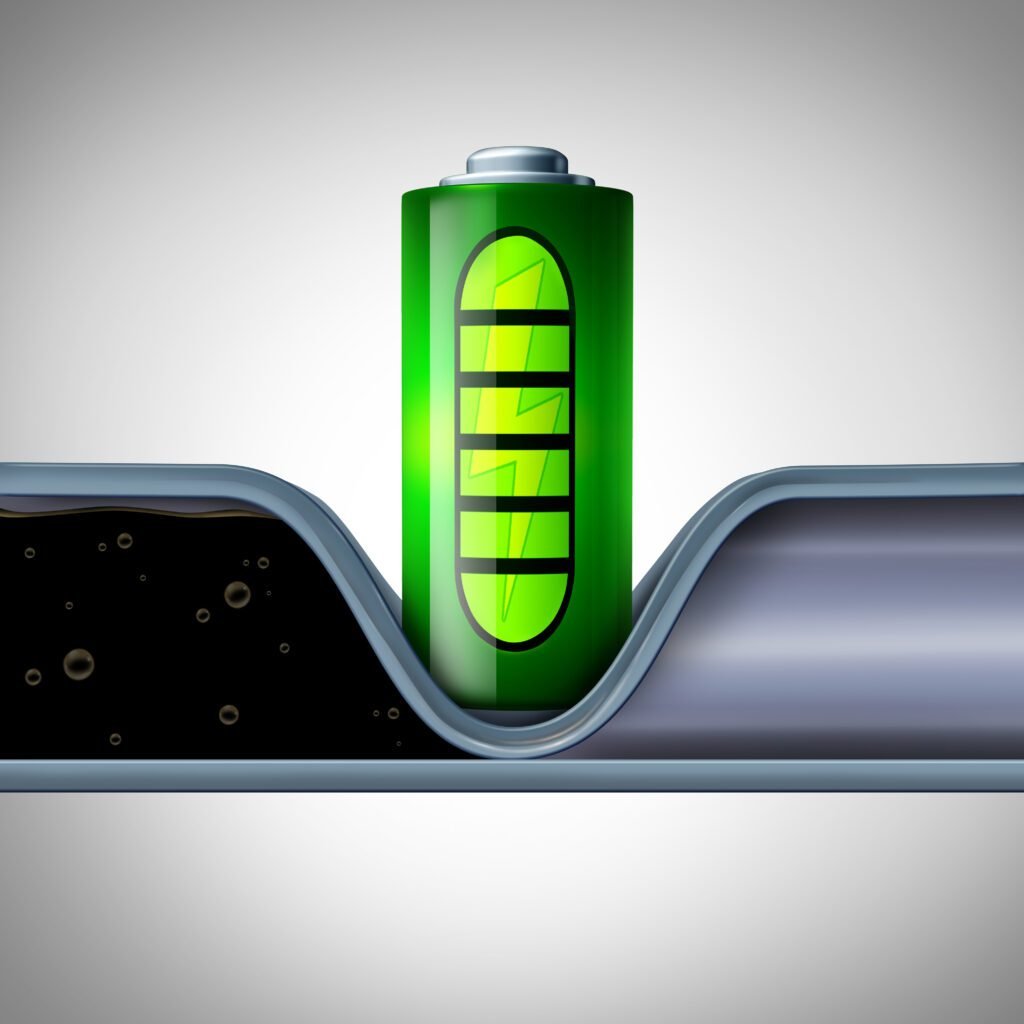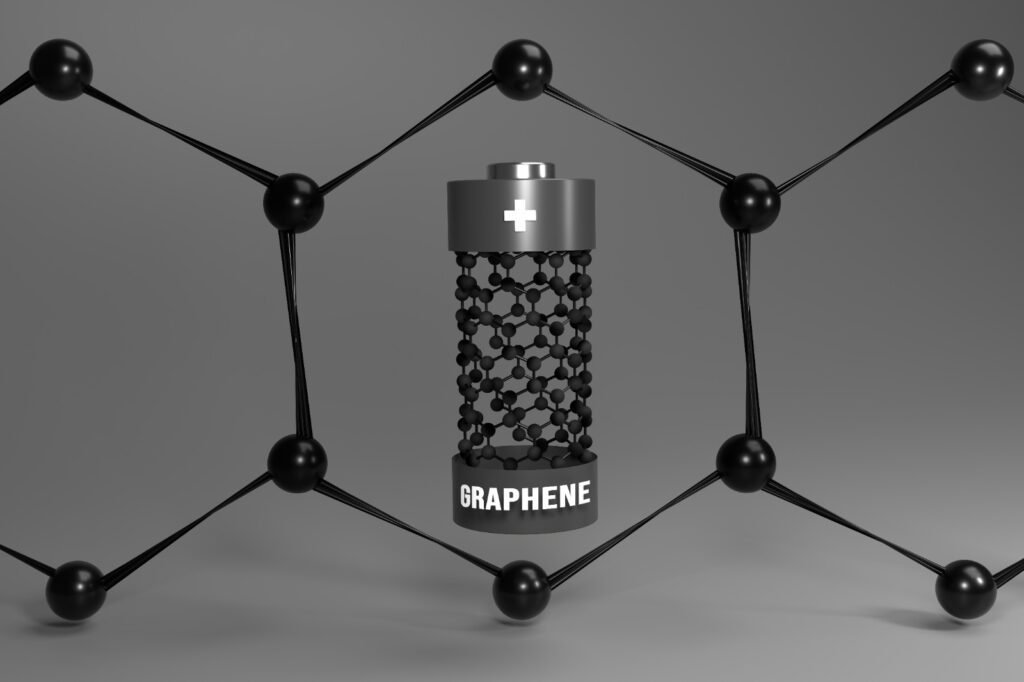Today, one of the main challenges with EVs is range anxiety. because current battery technology, such as lithium-ion batteries, has a limited range. But graphene batteries can solve this problem. It provides a longer range and faster charging times. So for sure, graphene batteries will be the future of electric vehicles.
In this blog article, we will look at the benefits of graphene batteries over lithium-ion batteries, the physics underlying their performance, the benefits for electric vehicles, current breakthroughs in the sector, as well as the obstacles and future prognosis for graphene EV batteries.
Graphene Battery vs. Lithium-ion

To comprehend the potential influence of graphene batteries on electric vehicles, it is necessary to contrast them with the widely utilised lithium-ion batteries. While lithium-ion batteries have long been the norm for EVs, they are not without restrictions. They are hefty, have a low energy density, and deteriorate with time.
Graphene batteries, on the other hand, provide a number of benefits. Graphene is a single layer of hexagonally organised carbon atoms. This structure has great conductivity, thermal stability, and mechanical strength. These characteristics distinguish graphene batteries.
How Does Graphene Improve Batteries?

Graphene enhances batteries in several ways:
1. Increased Conductivity: The high electrical conductivity of graphene enables faster electron flow inside the battery, resulting in faster charging and discharging. In the future, people will consider graphene batteries because everyone wants fast charging now.
2. Increased Energy Density: Graphene batteries can store more energy in the same amount of area as lithium-ion batteries, allowing EVs to go farther without increasing their size or weight.
3. Quicker Charging: Graphene batteries have the ability to charge significantly quicker than lithium-ion batteries, lowering charging times and enhancing EV owner convenience.
4. Longer Lifespan: Due to their resistance to wear and tear, graphene batteries have better durability and a longer cycle life, resulting in fewer battery replacements and a lower environmental effect.
Benefits of Graphene Batteries for Electric Vehicles

The adoption of graphene batteries in electric vehicles brings numerous advantages:
1. Extended Range: Graphene batteries enable EVs to travel longer distances on a single charge, reducing range anxiety and making electric vehicles more practical for everyday use.
2. Reduced Charging Time: Faster charging with graphene batteries makes recharging EVs as quick and convenient as refuelling a conventional vehicle.
3. Enhanced Durability: Graphene batteries can withstand more charge-discharge cycles, increasing the overall lifespan of the battery and reducing maintenance costs for EV owners.
4. Environmental Impact: As graphene batteries have the potential to last longer and require fewer replacements, they contribute to reducing electronic waste and decreasing the environmental footprint of EVs.
What Happened to Graphene Batteries?

In the laboratory, graphene batteries have made great development, with encouraging findings in terms of their potential. However, scaling up manufacturing and commercialising this technology has proved difficult. While graphene batteries are not yet widely available in the consumer sector, research and development are continuing.
Will Graphene Batteries Replace Lithium?

While graphene batteries have several benefits over lithium-ion batteries, broad adoption and replacement of lithium batteries is not guaranteed. Lithium-ion batteries are the current industry standard due to their well-established infrastructure and supply chain. Transitioning to graphene batteries will need significant expenditures as well as modifications in production methods.
Why aren’t we using graphene batteries for Electric vehicles?

Scalability is one of the most critical difficulties confronting graphene batteries. It is difficult to produce graphene in large quantities while maintaining consistent quality. The cost of making graphene is still very expensive. This could make graphene batteries prohibitively expensive for the general public to purchase.
Challenges and Future Outlook of Graphene EV Batteries

Despite the obstacles, the future of graphene batteries in electric vehicles is bright. Researchers and businesses are working hard to overcome production and pricing hurdles. Graphene batteries may become a viable alternative to lithium-ion batteries when technology progresses and economies of scale are realised.
Finally, graphene batteries have the potential to completely alter the electric vehicle sector. Their better performance, increased range, and shorter charging times make them an appealing possibility for both EV aficionados and environmentalists. While graphene batteries have not yet completely replaced lithium-ion batteries, current research and development efforts indicate that they may play an important role in the future of electric transportation. Graphene batteries will make their impact on the market as the technology evolves and becomes more affordable.



